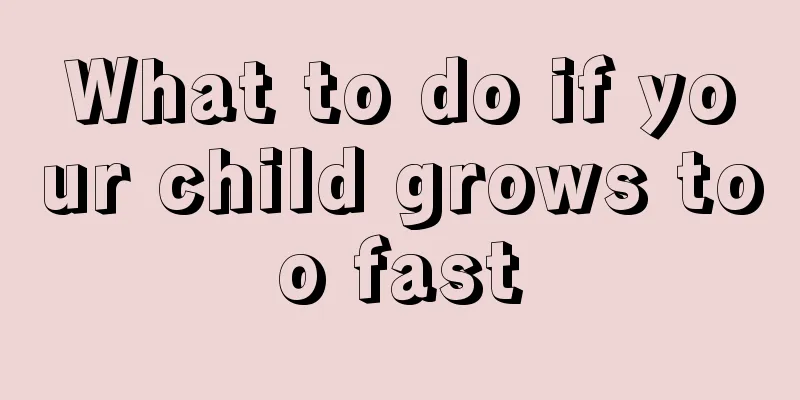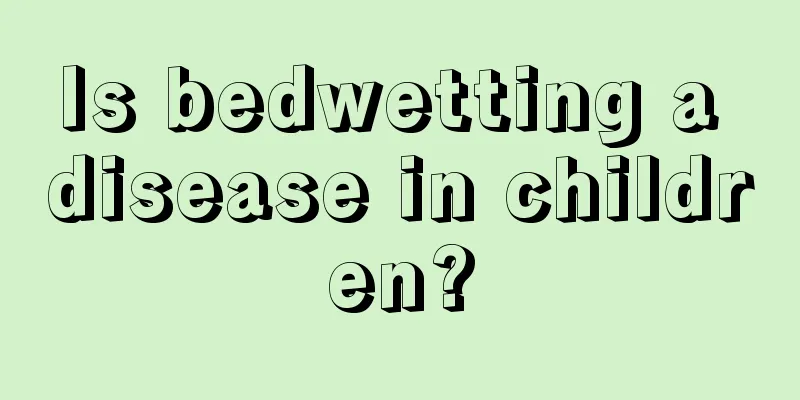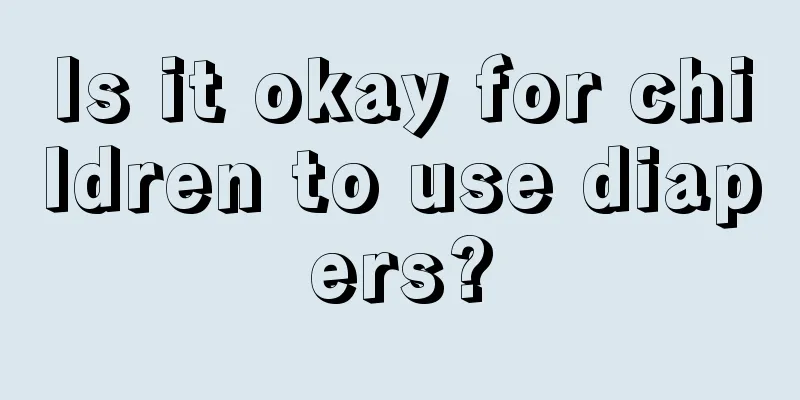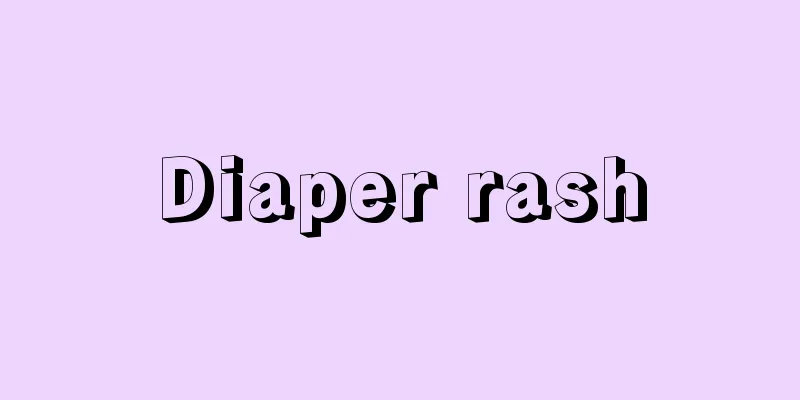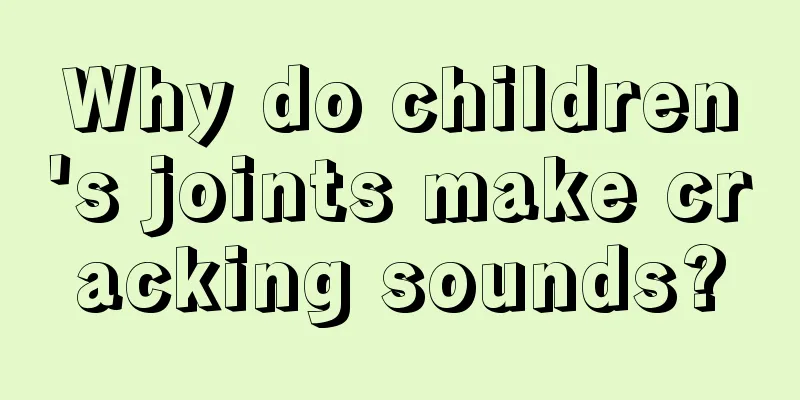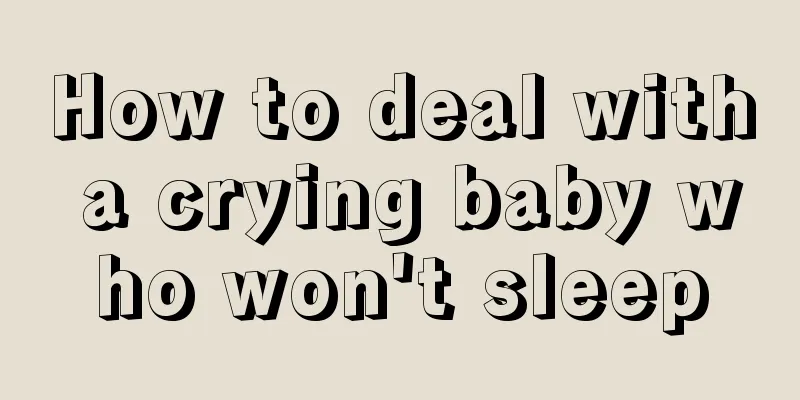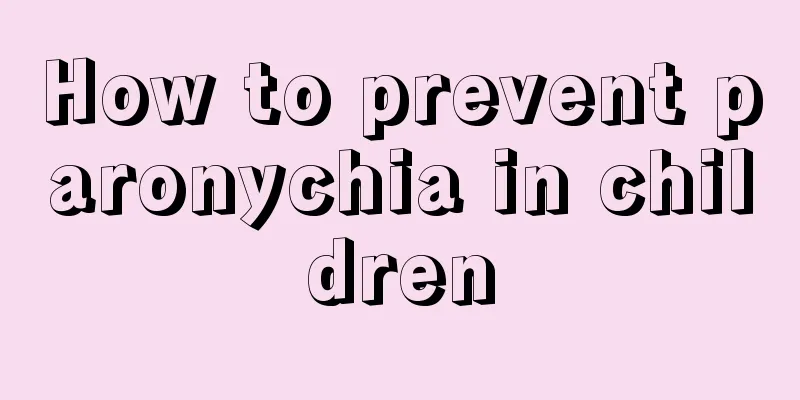What are the symptoms of a baby with high fever and convulsions?

|
It is inevitable for babies to develop diseases during their growth process. Because children are young, their body functions have not yet fully developed, so their body resistance is particularly low. Especially when the baby has a fever, convulsions may occur in severe cases. This is a common occurrence. When this happens, it must be taken seriously and actively treated. Let's take a look at the symptoms of high fever convulsions in babies. Infantile convulsions, commonly known as seizures, are one of the most common emergencies in children. The main symptoms are uncontrollable contraction of whole body or local muscles, and there may be impaired consciousness. There are many causes of seizures in children. The more common ones are infections caused by bacteria and viruses, such as influenza, pneumonia, whooping cough, typhoid fever, dysentery, etc. In addition to causing poisoning and convulsions in children, these diseases can also cause convulsions due to high fever, which is called febrile convulsions. This type of convulsion often occurs during a fever and lasts for a short time. The person wakes up when the convulsion stops, and it is rare for more than two convulsions to occur during one fever. The convulsions will stop when the fever subsides. But it can recur, and convulsions may occur when a fever occurs. This type of convulsion often occurs in children under six years old. In addition, intracranial infections such as encephalitis, meningitis, brain abscess, brain parasitic diseases, etc., in addition to fever can cause convulsions, because their lesions occur in the brain, the relevant parts of the brain are stimulated and can also cause convulsions. There are some diseases that do not cause fever, such as tetanus, epilepsy, brain trauma, brain tumors and cancer, hypocalcemia, hypoglycemia, rickets caused by vitamin D deficiency, etc., which can also cause convulsions. Febrile convulsions are a common medical condition. About 3% of infants and young children aged 6 months to 6 years will experience convulsions when they have a fever or high body temperature. After the baby shows symptoms of high fever and convulsions, parents do not need to worry too much. First, undress the baby and let the baby lie on his side. After the baby returns to normal, parents must take the baby to the hospital for examination and treatment in time. In addition, during the treatment, parents should also pay attention to the baby's life and diet care, let the baby drink more water, and provide cooling treatment for the baby. |
<<: Can children drink monk fruit?
>>: What can a seven-month-old child eat to cure his cough quickly?
Recommend
Can children drink breast milk?
Generally speaking, children of childhood age are...
What should children eat to grow taller during their growth period?
In order to make their children healthier and str...
Baby shakes his head vigorously before falling asleep
All parents love their children very much, so the...
What should I do if my child has blisters on his hands and it itches?
Children's skin is very delicate and can be e...
How to treat tooth decay in three-year-old babies
Many children have tooth decay, especially three-...
What is the cause of coffee spots on babies’ faces?
Generally speaking, the skin quality of a newborn...
How to deal with a child who has a chill in the middle of the night?
Children's physical resistance is very poor, ...
The consequences of parental favoritism
As a family and as elders, you must know several ...
How to prevent children from hunchback
It is a common phenomenon nowadays for children t...
Can babies drink honeysuckle tea?
Many people love to drink honeysuckle tea, especi...
What to do if your child keeps having a low-grade fever
In life, our beloved babies always have problems ...
Six-month-old baby occasionally shivers
For many parents, the arrival of a baby at home i...
How to treat malnutrition in children effectively
The problem of malnutrition in children must not ...
Nursing care for premature infants born at 34 weeks
A baby born prematurely at 34 weeks is at a great...
What should I do if my baby keeps sneezing? Parenting experts introduce effective methods
For ordinary adults, sneezing occasionally is nor...
